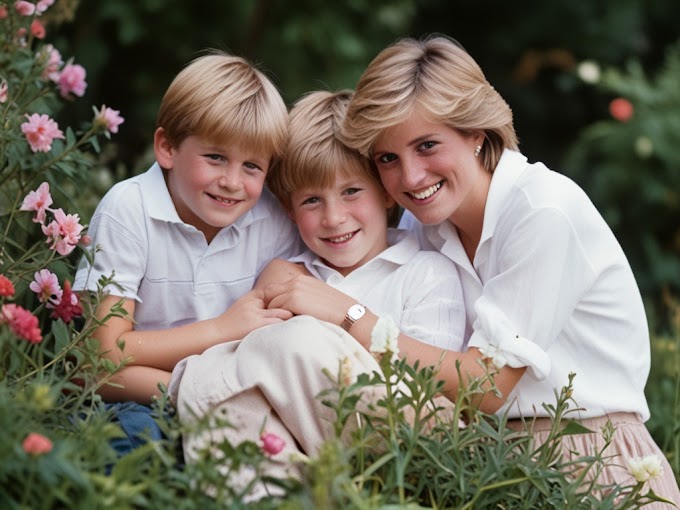Recent investigations have spotlighted the British monarchy's private estates, revealing controversial financial practices that combine substantial tax advantages with profitable dealings involving public sector organizations.
🔍 Royal Estates' £1.8 Billion Empire: The Hidden Money Trail
A groundbreaking joint investigation by Channel 4's Dispatches and The Sunday Times has unveiled how the historic Duchies of Lancaster and Cornwall – vast property portfolios managed for King Charles III and Prince William – have been generating significant income from deals with publicly funded institutions while enjoying considerable tax privileges.
The investigation revealed that these centuries-old estates, valued at £1.8 billion, have established lucrative arrangements with various public sector bodies, including the National Health Service (NHS), despite these organizations facing severe budget constraints. In 2023 alone, the combined profits from both duchies exceeded £50 million.
💰 Public Money, Private Profit: The NHS Connection
One striking example involves an arrangement where King Charles's estate stands to earn approximately £12 million over 15 years by providing storage facilities for electric ambulances owned by a London hospital. Similarly, Prince William's estate has secured a 25-year contract worth £37.5 million with the Ministry of Justice for leasing Dartmoor Prison, which currently stands vacant.
These revelations have intensified calls for reform, particularly regarding the estates' exemption from corporation and capital gains taxes. Norman Baker, a former Liberal Democrat MP and vocal critic of royal finances, argues that these lands, which essentially belong to the public, should generate revenue for the Crown Estate—a public asset—rather than private royal coffers.
⚖️ Royal Privilege vs. Public Interest: The Growing Debate
The duchies' unique status dates back to medieval times, setting them apart from the Crown Estate, which surrendered its profits to the government in exchange for the Sovereign Grant. This grant, set at £132 million for the coming year, funds official royal duties and palace maintenance.
While defenders of the current system, including Brand Finance CEO David Haigh, maintain that the estates operate like typical aristocratic holdings and charge market-rate rents, critics argue for greater transparency and oversight. The investigation has prompted calls for:
- Parliamentary review of duchy operations
- Enhanced financial transparency
- Reform of tax exemptions
- Greater public accountability
The controversy highlights a growing tension between traditional royal privileges and modern expectations of financial transparency and public benefit. With King Charles maintaining his position on The Sunday Times Rich List with an estimated worth of £610 million, questions about the fairness and appropriateness of these arrangements continue to mount.
Both duchies have responded to the allegations by denying any impropriety, but the debate raises broader questions about the evolution of royal finances in contemporary Britain.
Some Important Informative Question About this article you might interested in:
How much are the royal estates worth in total?
The combined value of the Duchies of Lancaster and Cornwall is £1.8 billion, representing one of the largest private property portfolios in Britain. These historic estates, managed for King Charles III and Prince William, comprise vast holdings of land, property, and commercial assets across England and Wales.
Do royal estates pay corporation tax?
No, these estates are exempt from both corporation and capital gains taxes. This unique tax privilege dates back centuries and has become a point of increasing scrutiny in modern times, especially as the estates continue to generate substantial profits from public sector dealings and commercial ventures.
How much profit did the estates make in 2023?
The combined profits exceeded £50 million in 2023, marking a significant return on investment for the royal estates. This substantial income was generated through various sources, including lucrative arrangements with public sector bodies and commercial property dealings.
What is the Sovereign Grant worth?
The upcoming year's Sovereign Grant is set at £132 million. This grant, derived from Crown Estate profits, funds official royal duties, staff salaries, and palace maintenance. It's important to note that this is separate from the duchies' income, which remains private wealth for the royal family.
How are NHS contracts involved?
King Charles's estate will earn £12 million over 15 years from storing NHS electric ambulances. This arrangement is one of several profitable contracts between royal estates and public sector organizations, raising questions about the appropriateness of such deals given the estates' tax-exempt status.








